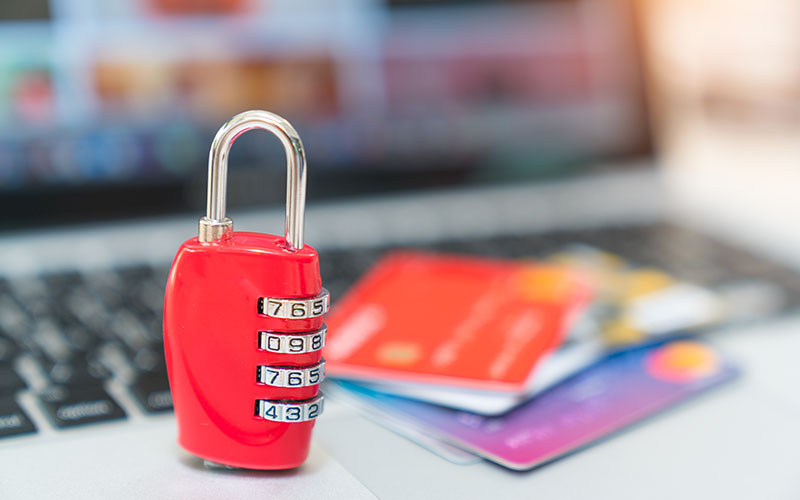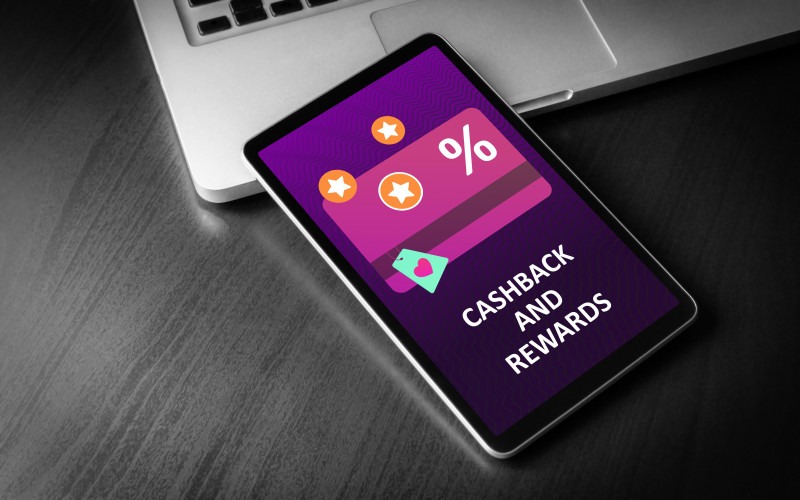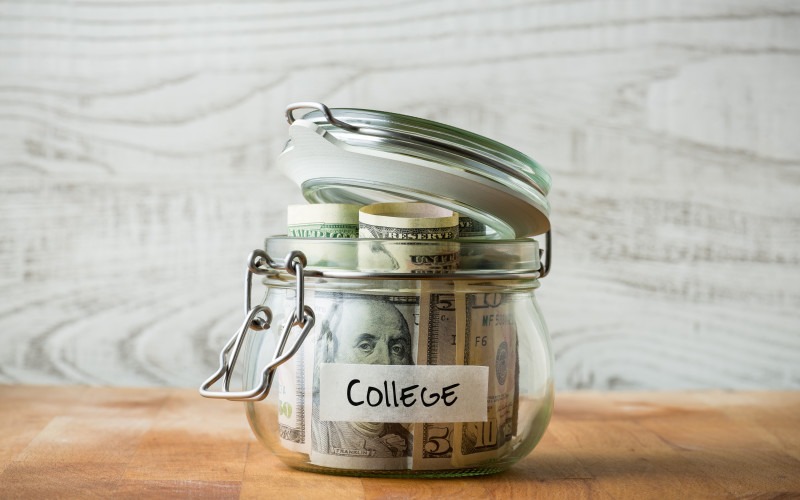The Guide To Secured Credit Cards

When you are struggling with your credit score, it can be difficult to qualify for loans, mortgages, and even credit cards -- which (especially in this day and age) are necessary for everyday life.
If you have bad or no credit, qualifying for a credit card or any other line of credit (which can help build your credit) is difficult.
Need a credit card and better credit? Your solution may be a secured card. Read on to learn how a secured credit card can build, rebuild, and improve your credit.
What Is A Secured Credit Card?
A secured credit card is a type of credit card that is secured by collateral and is an important tool to help you build and improve your credit by establishing a history of on-time payments -- as long as your credit card issuer reports these payments to at least one of the three major credit bureaus (Experian, Equifax, and TransUnion).
The majority of secured credit cards require you to put down a security deposit (the main difference between a secured and unsecured card), which serves as your credit limit and collateral in case you miss a payment. (For example, if your security deposit is $250, then that is your credit limit.) This reduces the risk of extending credit for credit card issuers and allows them to lend to borrowers with bad or no credit.
(Note: Some credit card issuers will allow you to make an additional deposit if you wish to extend your credit line.)
Paying your credit card bill in full allows you to keep the deposit, but defaulting on your payments means you lose your money.
The process of qualifying for a secured credit card is easier than getting a standard unsecured credit card. You simply have to shop around and compare offers with your lenders. Once you have found your ideal offer, you simply have to fill out an application and put down your security deposit.
When choosing your credit card issuer, look for a reputable lender. Borrowers with bad credit even have the option of borrowing from an issuer like Continental Finance, who specifically caters to consumers with bad credit or no credit.
Another good secured credit card is offered by First Progress for borrowers with bad to fair credit. This card has the following benefits:
- Annual fee of $29
- Credit line up to $2,000
- Regular APR of 20.74%
- Cash advance APR of 25.74%
You will receive your secured credit card after receiving approval (in the case you are denied, your security deposit is refunded). These cards have the same features as a regular credit card, including monthly payments, interest, and fees. Make sure that you keep a low balance and always pay your card off on-time and in full, otherwise your credit will not improve and you may wind up with interest on any unpaid debt.
As long as you always pay your bill on time, you will eventually qualify for an unsecured credit card. Individual results vary, but many borrowers see improvements anywhere from a few months to a year.
Some credit card issuers offer a card upgrade once you have built your credit history. If your issuer does not have this feature, you can close your account and get your security deposit back. (Note: Some cards will even return your security deposit if you have made on-time payments for a set period of time.)
Secured Credit Card Pros
- Building positive credit history allows you to enjoy perks that come with a good credit score: lower interest rates, lower fees, credit card rewards, and more.
- Some secured credit cards can be upgraded to an unsecured credit card as long as you have a history of on-time payments.
- If you fail to make a payment, your security deposit is used as collateral, which means you avoid the risk of your debt being sent to collections. However, you will still have a late payment reported.
- Some secured credit cards allow you to earn a small amount of interest on your security deposit.
Secured Credit Card Cons
- Secured cards can come with application fees, annual fees, and high interest rates.
- Many borrowers with bad or no credit don't have the funds to acquire a down payment for their security deposit -- anywhere from a $200 to $1,000. (Note: Some card issuers allow you to split the deposit into set payments over time.)
- Secured credit cards generally come with low credit limits.
Alternatives To A Secured Credit Card
If you're on the fence about taking out a secured credit card and need another way to pay, you can use a prepaid debit card. This doesn't help you build your credit but it is an alternative method for subprime borrowers to make card payments and has well-known logos such as American Express, MasterCard, or Visa. Like a secured credit card, it is loaded with your own funds but the biggest difference is that you can't build your credit by using it.
However, if your main goal is to establish or improve your credit score, then you may want to consider other alternatives:
- Repair your credit: Check your credit report for inaccurate or unverifiable items and dispute inaccuracies on your own or by using a reputable credit repair service. You can obtain a free copy of your credit report once a year at AnnualCreditReport.com to look for any incorrect items or discrepancies.
- Get a credit-builder loan: You can use a credit-builder loan (like the ones from Self Lender) to improve your credit score by borrowing a small amount and paying it back on time.
- Pay your bills on time: Always pay on time -- even one late payment can drastically impact your credit.
- Keep your credit utilization low: Avoid high credit utilization (your outstanding balance versus your total credit limit) and aim to keep your credit utilization below 30%.
- Keep your old accounts open: Even if you have credit accounts that you don’t use, keep them open to establish that you have a longer credit history.
- Monitor your credit: Routinely check your credit through a credit monitoring service.
Do secured credit cards help my credit?
Yes. While the initial hard inquiry may damage your credit slightly, this isn't permanent. As long as your issuing bank reports your activity to the three major credit bureaus (Experian, Equifax, and TransUnion) and you are paying on-time and in full, your credit can improve.
What if I get turned down after applying for a secured credit card?
Although it doesn't happen often, you can be turned down for a secured credit card due to poor credit or any serious negative situations (such as a bankruptcy, foreclosure, or history of late payments).
If this does happen, you can ask the credit card issuer why you were denied. In the case it was due to a credit-based issue, you can obtain a free copy of your credit report and dispute any inaccurate information.
you can pursue other methods (like a credit builder loan or credit repair) to improve your credit score.
Edited by:
Bryan Huynh
•
Product Tester & Writer













